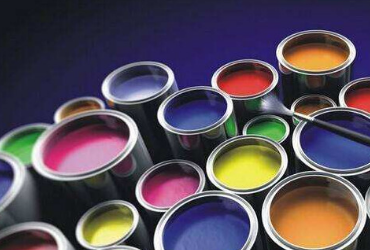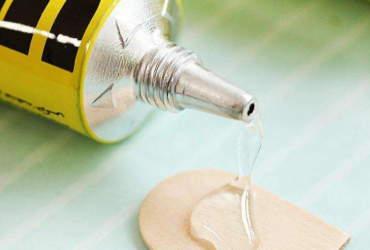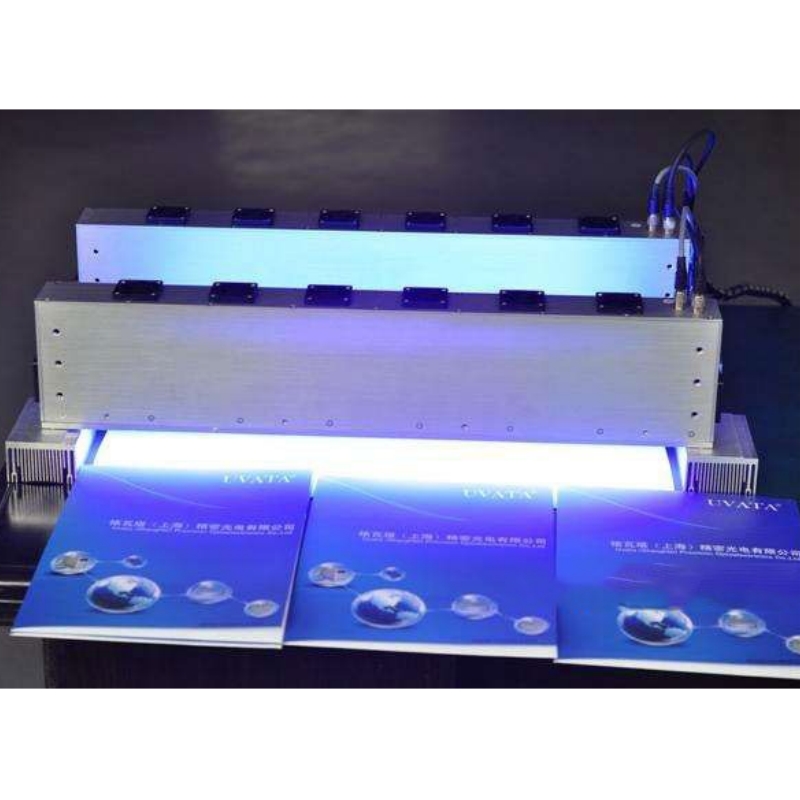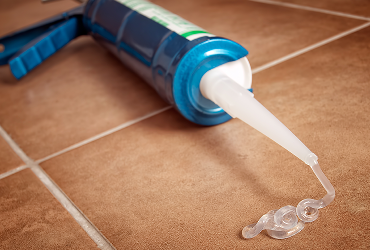1) Elimination of surface tension gradients
2) Reduce the surface tension of the system.
● Silicone:
-- Significantly reduce surface tension
-- Good migration performance eliminates surface tension gradient
● Acrylics:
-- Does not significantly reduce surface tension
-- Does not migrate to the surface
-- Orientation inside the coating, adjust local surface tension uniformity
Silicone leveling agents have two notable properties.
| Properties | Organic silicone | Polyacrylate |
|---|---|---|
| Leveling | Excellent | Good |
| Flow | Good | Excellent |
| Anti-cratering | Excellent | General |
| Substrate wetting | Good | General |
| Foam steady | Yes | No |
| Slippery | Yes | No |
| Inter-layer adhesion | Yes | No |
| Dosage | Low | Big |
●Silicone leveling agent
First, it can significantly reduce the surface tension of the paint, improve the substrate wetting ability of the paint and the fluidity of the paint film, and eliminate the Benard vortex to prevent blooming. The ability to reduce surface tension depends on its chemical structure, and another notable property is the ability to improve the smoothness, scratch resistance and anti-blocking properties of the coating. The disadvantage of this type of leveling agent is the tendency to stabilize the foam, affect the adhesion between layers, and some also pollute the construction environment such as the oven.
There are currently three main types of its structure: polydimethylsiloxane, polymethylalkylsiloxane, and organically modified polysiloxane. Organically modified polysiloxane is the most important, and short-chain silicone does not affect heavy painted;
Acrylic leveling agent
Acrylic leveling agent includes pure acrylic leveling agent and modified acrylic leveling agent.
Pure acrylic leveling agents include traditional non-reactive acrylic leveling agents and new reactive acrylic leveling agents containing functional groups. This is a type of acrylic acid homopolymer or copolymer with different molecular weights. This type of leveling agent only slightly reduces the surface tension of the paint, and can balance the difference in surface tension of the paint film to obtain a truly flat, mirror-like paint film surface. If the molecular weight is high enough, this type of leveling agent also has a degassing and defoaming effect. The disadvantage of traditional non-reactive acrylic leveling agents is that high molecular weight products may produce haze in the paint film, and low molecular weight products may reduce the surface hardness of the paint film. The acrylic leveling agent containing reactive functional groups can solve this contradiction very well. While providing good leveling, it will not produce haze and will not reduce the surface hardness, and sometimes it will increase the surface hardness.
●Fluorocarbon leveling agent
Fluorocarbon leveling agents are characterized by high efficiency, but are expensive. They are generally used when acrylic leveling agents and silicone leveling agents are difficult to function. However, they also tend to stabilize foam and affect interlayer adhesion.

| Advantage | Disadvantage | |
|---|---|---|
| Polyacrylate | Strong levelingDefoaming abilityInter-layer adhesion | Bad substrate wettingBad anti-cratering |
| Pure fluorocarbon | Substrate wettingAnti-cratering | No inter-layer adhesionPrice high |


2022-08-03


2025-01-06

